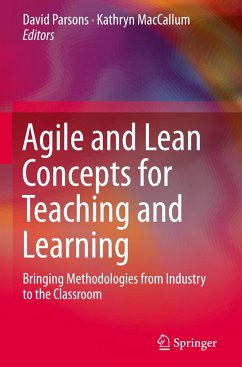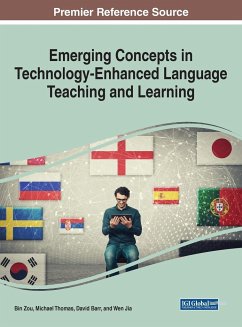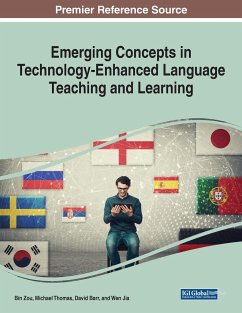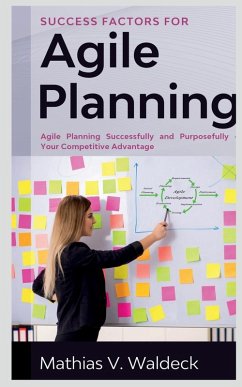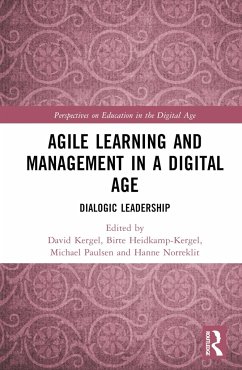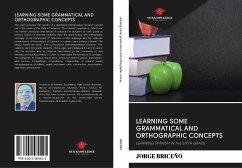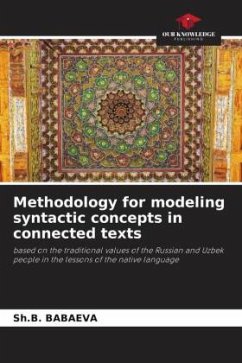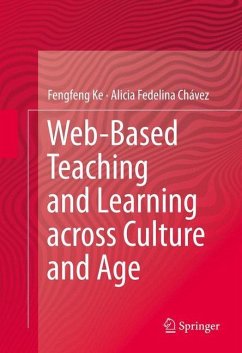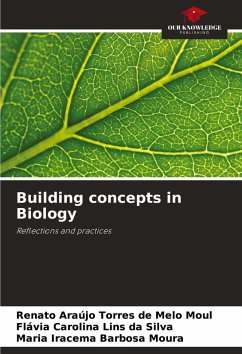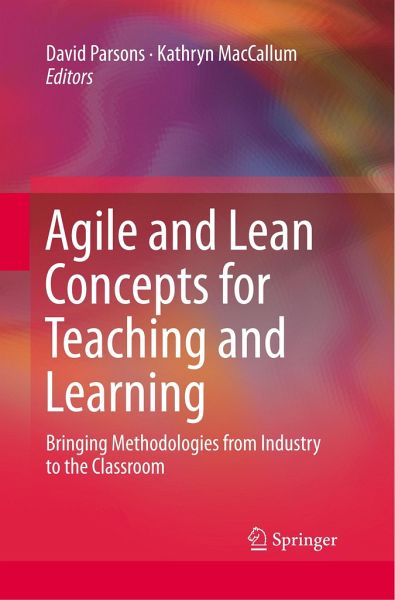
Agile and Lean Concepts for Teaching and Learning
Bringing Methodologies from Industry to the Classroom
Herausgegeben: Parsons, David; MacCallum, Kathryn
Versandkostenfrei!
Versandfertig in 6-10 Tagen
129,99 €
inkl. MwSt.

PAYBACK Punkte
65 °P sammeln!
This book explores the application of agile and lean techniques, originally from the field of software development and manufacturing, to various aspects of education. It covers a broad range of topics, including applying agile teaching and learning techniques in the classroom, incorporating lean thinking in educational workflows, and using team-based approaches to student-centred activities based on agile principles and processes.Demonstrating how agile and lean ideas can concretely be applied to education, the book offers practical guidance on how to apply these ideas in the classroom or lect...
This book explores the application of agile and lean techniques, originally from the field of software development and manufacturing, to various aspects of education. It covers a broad range of topics, including applying agile teaching and learning techniques in the classroom, incorporating lean thinking in educational workflows, and using team-based approaches to student-centred activities based on agile principles and processes.
Demonstrating how agile and lean ideas can concretely be applied to education, the book offers practical guidance on how to apply these ideas in the classroom or lecture hall, as well as new concepts that could spark further research and development.
Demonstrating how agile and lean ideas can concretely be applied to education, the book offers practical guidance on how to apply these ideas in the classroom or lecture hall, as well as new concepts that could spark further research and development.



